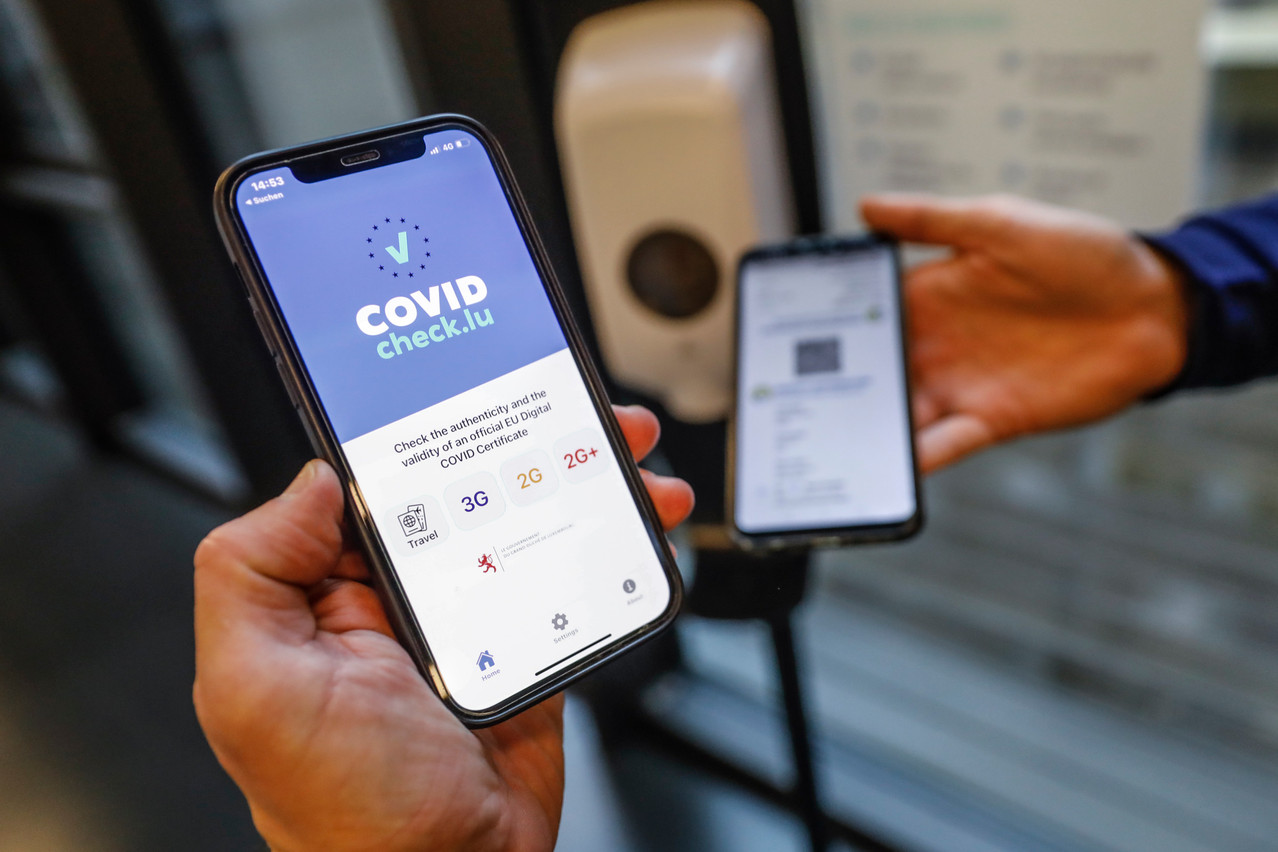In an interview with RTL on 7 February, Lenert said the loosening of the restrictions did not contradict the government’s plans to introduce a vaccine mandate. While spring and summer may lighten the load on hospitals--in part thanks to the omicron variant’s lighter impact on the infected--, “we have to expect a surprise in autumn, and then it’ll be absolutely important that as many of us as possible are vaccinated.”
Last Friday, 4 February, the government announced , which was met rather positively by some political parties, such as déi Lénk, but also by the confusion of others, such as the Pirate party. The latter’s president Sven Clement had even that “the new measures are incoherent and illogical”.
Lighter hospital loads, less severe symptoms and fewer deaths are at the centre of Lenert’s strategy, rather than the eradication of the virus, the minister explained.
Under the new rules, the 11pm curfew imposed on restaurants and bars will be lifted, and CovidCheck will become optional in the workplace.
Non-vaccinated will still meet obstacles
However, the 3G CovidCheck system to be reinstated in a few weeks’ time won’t hinder vaccination efforts, according to Lenert. After the stricter rules set in place in December last year--a preventive measure against the omicron variant--the 3G system may seem more relaxed, but “it can’t be equated to a normalcy”, said Lenert.
The certified tests needed by the unvaccinated to visit restaurants or other public establishments currently under 2G+ rules are only valid for a short period of time, thus making them impractical over the long run. This should convince more people to get inoculated, stated Lenert.
Until then, the for over50s and healthcare staff remains on the tracks and should be ready prior to the summer. For Lenert, it is still an important measure, to make sure that those most at-risk and those in contact with vulnerable populations are protected ahead of a potential surge in infections in autumn.
On Wednesday, the latest data available, 70 people were being treated in hospital for complications from a coronavirus infection with another 12 patients in intensive care. Currently there are an estimated 32,354 active infections.
